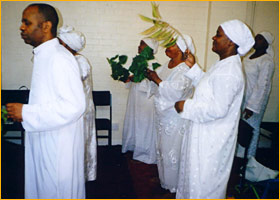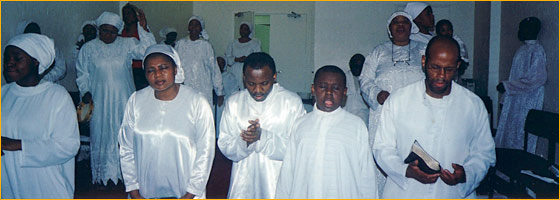|
|
|
|
|
|
|
|
|
|
|
|
|
|
|
|
|
|
|
|
|
|
|
|

|

|

|
|
|

|
|
|

|
|
|
|
||||
|
|
|
|||||||||||||||||
|
|
|

|
|
|||||||||||||||
|
|
|
|||||||||||||||||
|
|
|
|||||||||||||||||
|
|

|
|
||||||||||||||||
|
|
|
|
|
|||||||||||||||

|
|
|||||||||||||||||
|
|
|

|
|
|||||||||||||||

|
|
|||||||||||||||||
       |
|
||
|
Day of Atonement We fast, afflicting our souls, reminding us how much we depend upon God both physically and spiritually, enabling us to lighten our loads and other people's loads. Fasting puts us in a proper humble and contrite frame of mind, allowing God to respond to us, freeing us from our burdens and guiding us into His Kingdom and His family. Days of Unleavened Bread Exodus 13:3, 7-9...And Moses said unto the people, "Remember this day, in which you came out from Egypt, out of the house of bondage; for by strength of hand the LORD brought you out from this place. There shall no leavened bread be eaten. ... 7 Unleavened bread shall be eaten seven days; and there shall no leavened bread be seen with you, neither shall there be leaven seen with you in all your quarters. 8 And you shall show your son in that day, saying, 'This is done because of that which the LORD did unto me when I came forth out of Egypt.' 9 And it shall be for a sign unto you upon your hand, and for a memorial between your eyes, that the LORD's law may be in your mouth. For with a strong hand has the LORD brought you out of Egypt." The keeping of the first day of Unleavened Bread, along with the eating of unleavened bread for seven days, is intended by God to serve as a reminder of what He has done for us. I want you to think of that. That's what He said, right here. I did not make that up. Unleavened bread is to serve as a reminder to us of what He has done to bring us out. |
|||
|
|||
|
Feast of Trumpets The Feast of Trumpets became the second most solemn day of the Jewish religious calendar, being surpassed in importance only by the Day of Atonment (Yom Kippur). The solemnity of the feast is hardly evident to a casual reader of the pertinent Biblical texts where the feast is simply designated as "a remembrance blast" (Lev 23:24) and "a day of blowing" (Num 29:1). The first reference to the Feast of the Trumpets is found in Leviticus 23:24: "In the seventh month, on the first day of the month, you shall observe a day of solemn rest [shabbaton], a memorial proclamation with a blast of trumpets (ziccaron teruah), a holy convocation." The Hebrew phrase ziccaron teruah, can be literally translated as "a remembrance blast." |
|||
|
|||
|
Passover Jesus Kept the Passover (1) Did Jesus' parents keep the Passover and go to Jerusalem on an annual basis? Luke 2:40-42. (2) As an adult, did Jesus continue to keep the Passover? John 2:13, 23. Comment: Since Jesus, before His human birth, had been the LORD or Eternal referred to in the Old Covenant, he obeyed the commands to keep the feasts that he had given to Israel. Christ submitted to the laws of God and to the will of His Father in heaven. (3) Did Christ faithfully keep the Passover with His disciples up until the time of His death? Matthew 26:19-21; Mark 14:16; Luke 22:14-16. Christ Introduces a New Ordinance to Passover As Christ and the disciples were eating the Passover lamb on the eve of His crucifixion, He took this opportunity to show how His Church should observe Passover from that time forward. |
|||
|
|
|||

